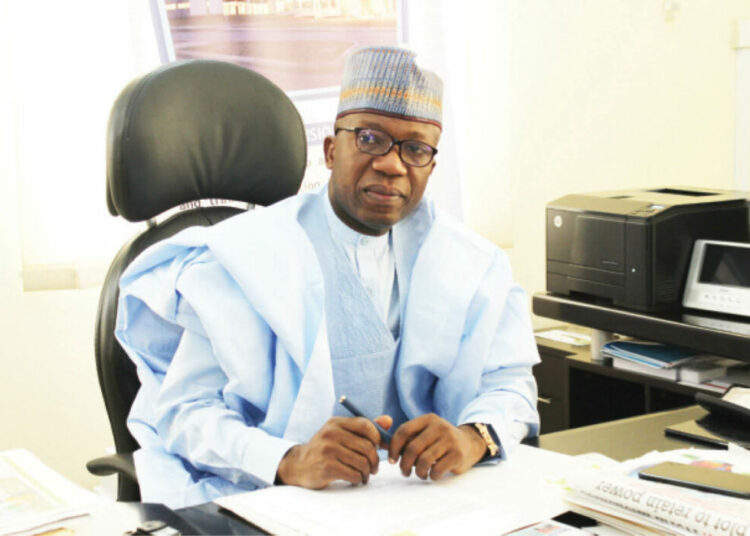The Director-General of the National Institute for Legislative and Democratic Studies (NILDS), Professor Abubakar Sulaiman, has revealed that 23 members of Nigeria’s National Assembly are scheduled to embark on a foreign training programme in the coming weeks — a move he described as expensive and of limited local relevance.
At a workshop for ECOWAS Parliament staff yesterday in Abuja, Prof. Sulaiman expressed deep concern over Nigerian lawmakers’ continued reliance on overseas training.
He disclosed that while he could not reveal the cost, the financial burden on the government would be substantial.
“You can’t imagine how much this government will cost to do that. I cannot even disclose it,” he said.
The NILDS DG questioned the relevance of foreign training to African legislative development, stating that such programmes often fail to address the unique challenges lawmakers face on the continent.
“All that they taught us there lacked local content. It is of no relevance. We have the resource persons, we have the resources, we have what it takes here,” he noted, referencing past experiences with elite institutions like Harvard, Oxford, and Cambridge.
Sulaiman called for greater investment in local institutions such as NILDS, which has increasingly become a hub for African parliamentary training.
According to him, countries like Malawi, Somalia, Namibia, and Uganda have partnered with the institute for training, and a recent three-year Memorandum of Understanding was signed with a foreign nation.
“This is the headquarters of the Conference of African Speakers… In terms of facilities, you cannot see our edifice anywhere in Africa,” he said proudly.
He said NILDS is set to launch an Advanced Executive Education Programme in Abuja by October to counter the appeal of Western institutions.
She stressed that the initiative will feature a hybrid curriculum combining local insight with international standards, including partnerships with institutions such as Harvard and Cambridge.
“If what is inspiring people to go to Harvard is the forex, the dollar, okay, we can charge in dollars too. If it’s the white faces, then we’ll collaborate with them. But the training must take place here in Abuja,” he said.
Despite the institute’s growing continental reputation, the DG lamented inadequate funding.
He also highlighted the limited independence of state legislatures, which he said are often overshadowed by executive powers at the sub-national level.
“At the sub-national level, you cannot demarcate between the executive and the legislature. We need to do more for state assemblies,” he said.
Sulaiman further stressed the role of parliaments in diplomacy and governance, calling for a redefinition of legislative diplomacy beyond the executive arm. “The key to democracy and good governance in any country is the legislature,” he stated.
The ECOWAS Parliament workshop, which focused on legislative oversight and procedures, drew praise from participants for NILDS’s depth of understanding and training quality.
“NILDS knows ECOWAS Parliament more than the resource persons we meet elsewhere. We are missing NILDS and want a more robust relationship,” said one participant.
With governments across Africa facing increasing financial pressure, NILDS is positioning itself as a cost-effective, contextually aware alternative to foreign training schemes.
“Whatever lives on today is not just for Nigeria,” Prof. Sulaiman concluded. “It’s for the entire sub-region. Our population, our potential is at the mercy of other Black people across the globe… We are born to lead, and that’s not accidental.”
As Nigeria prepares to send another batch of lawmakers abroad, the debate continues over whether the country should prioritise and adequately fund its capacity-building institutions to reflect local needs and realities better.











